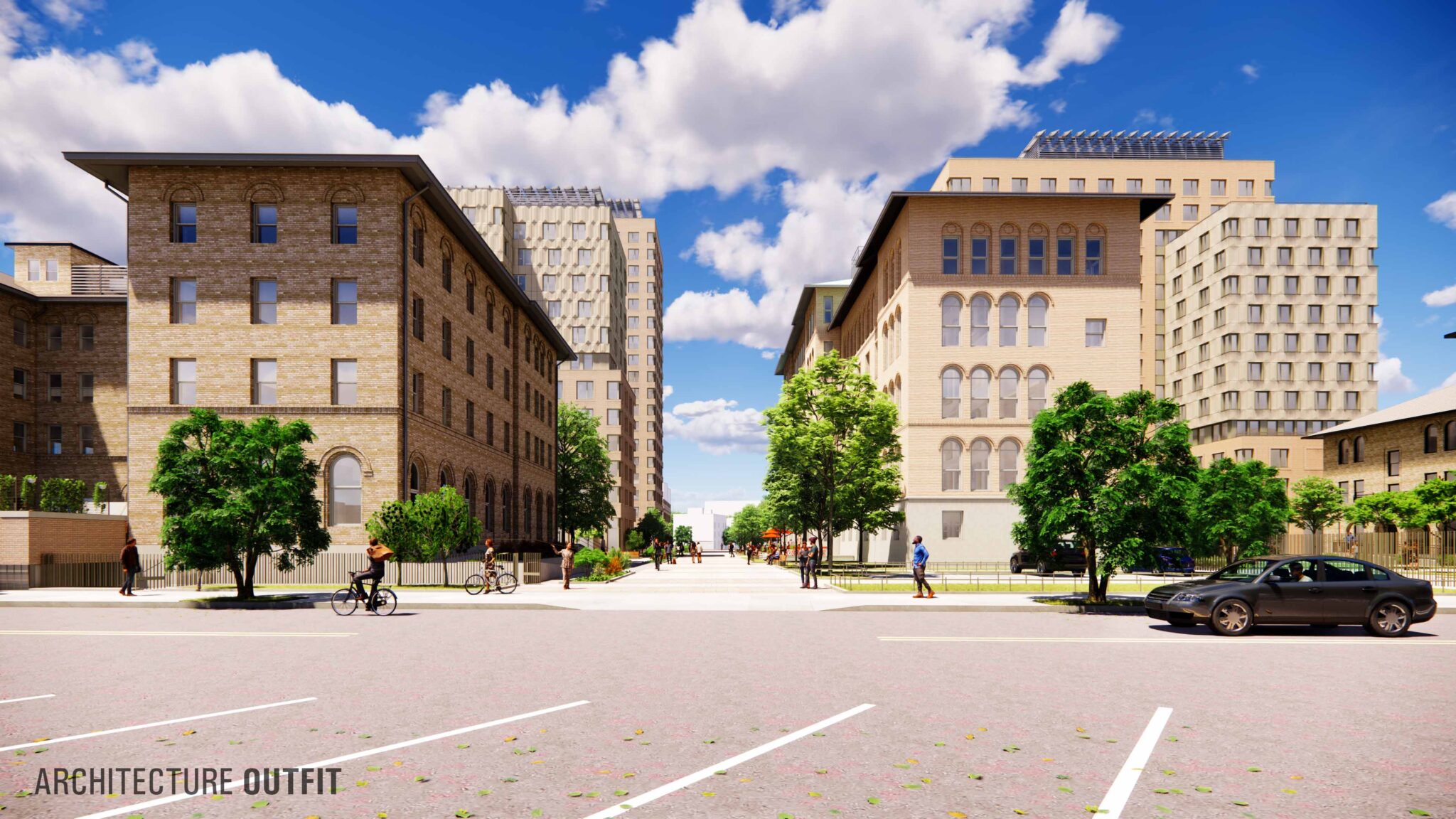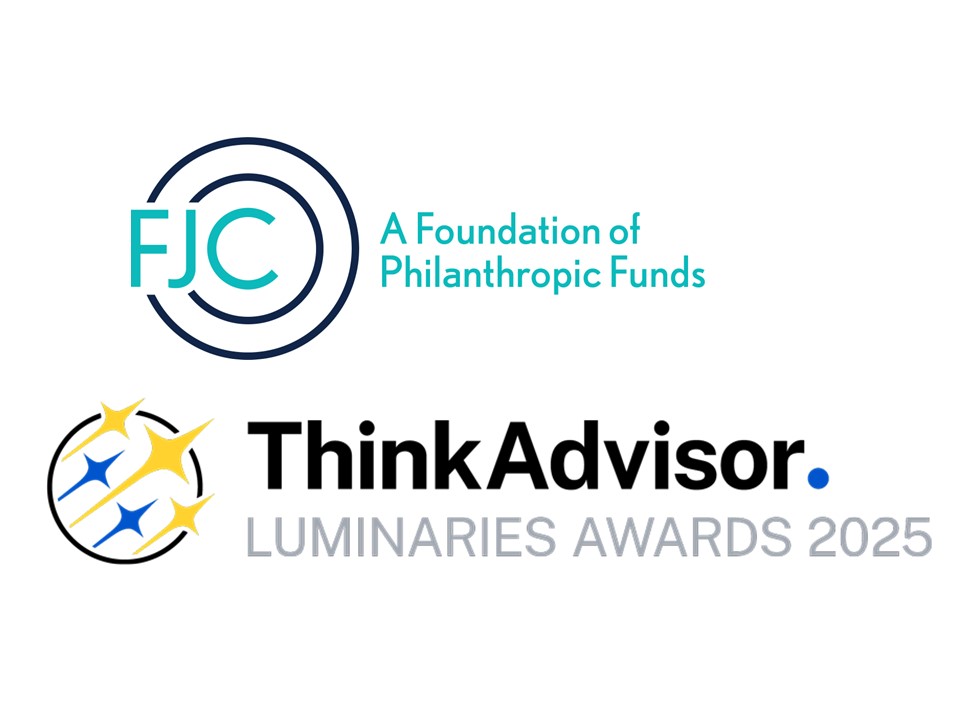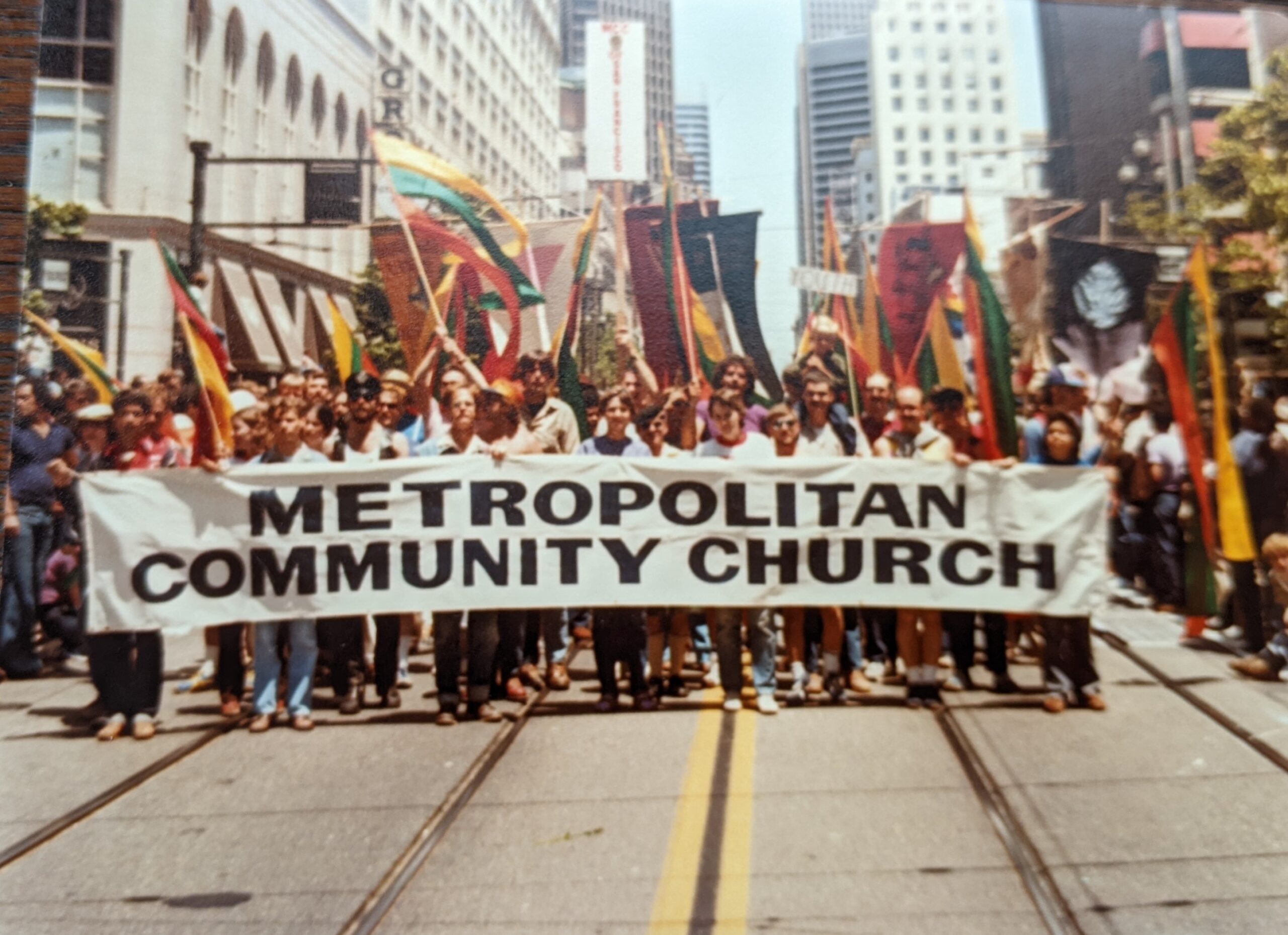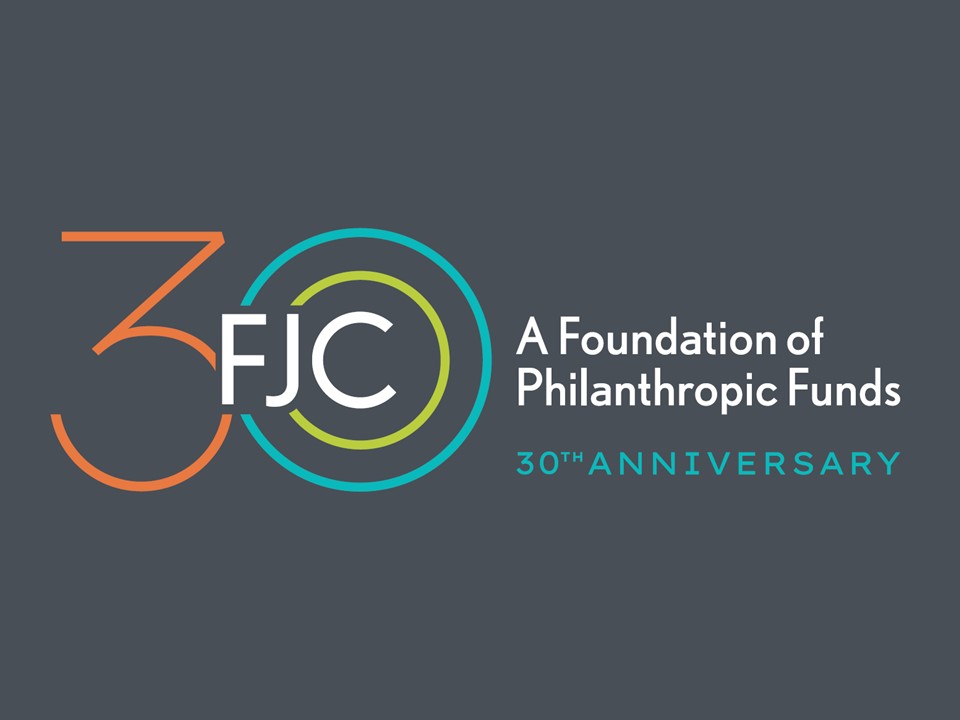Through a revolving account at FJC, a donor passionate about the environment has provided financing to create a state-of-the-art transitional shelter for New York City homeless families, through an innovative philanthropic partnership with the New York City Energy Efficiency Corporation (NYCEEC).
The donor has created a revolving account at FJC that NYCEEC can use to cover critical project activities like energy modeling, feasibility analysis, design drawings, and land-use approvals. These costs are reimbursable when construction financing closes, allowing funds in the FJC account to be redeployed for NYCEEC’s future worthy projects.
NYCEEC will use the capital to fund early-stage predevelopment work on the adaptive reuse of a former nurses’ residence on the Greenpoint Hospital campus in Brooklyn. The renovated building will provide state of the art temporary accommodation to 200 of New York City’s most vulnerable residents. The shelter is expected to achieve LEED Gold certification. Savings in greenhouse gas emissions compared to conventional construction are projected to be 384 metric tonnes of carbon dioxide equivalent per year.
The shelter is a component of the $212.7 million redevelopment of the Greenpoint Hospital campus, in East Williamsburg, Brooklyn. The redevelopment project is the culmination of years of advocacy by a consortium of neighborhood-based organizations, led by the nonprofit St. Nick’s Alliance. The development will also include apartments for extremely low-income and very low-income residents and seniors, a community facility, and a network of new open spaces to connect the campus to the surrounding neighborhood. A partnership between St. Nick’s Alliance, Project Renewal, and Hudson Companies was designated by New York City to redevelop the site, which has been primarily vacant since 1982 when the Greenpoint Hospital was closed.
Philanthropic capital from FJC will fund over one-third of NYCEEC’s $1.3 million predevelopment loan. “We allocate capital from a range of public and private sources for projects like this,” explains Jay Merves, NYCEEC’s Director of Business Development. “Many of our capital providers put geographic or other restrictions on the use of their capital, so the flexibility of funds from the FJC donor is vital in allowing NYCEEC to provide financing for clean energy projects in underserved communities.”




